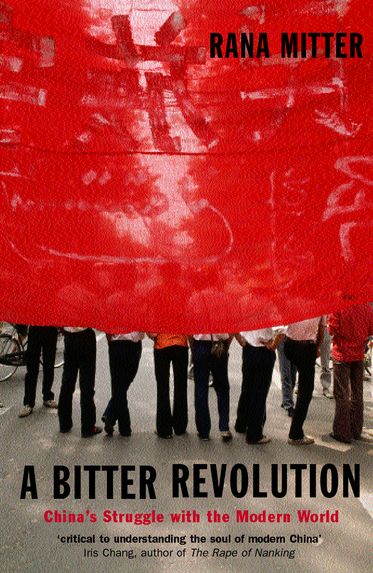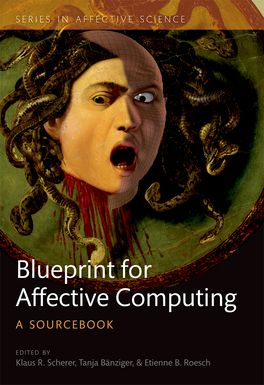You have no items in your shopping cart.
Filter by attributes
- Audience
Oxford University Press
A Bibliography of Virginia Woolf
This book, enormously expanded by the inclusion of new items that have appeared since the Third Edition of 1980, describes all Virginia Woolf's publications: books, pamphlets, articles (including unsigned articles tracked down in periodicals and newspapers), translations, foreign editions, uncollected letters, miscellania, and manuscripts. It is an essential reference tool for all those seriously interested in Woolf, whether students, scholars, collectors, or enthusiasts.
$630.00
A Biography of Loneliness
Despite 21st-century fears of an 'epidemic' of loneliness, its history has been neglected. This is the first book on the history of loneliness to be published in English.
$58.95
A Biography of Loneliness The History of an Emotion
Despite 21st-century fears of a modern 'epidemic' of loneliness, its history has been neglected. This is the first book on the history of loneliness to be published in English.
$32.95
A Bite of the Apple
In this insightful memoir Lennie Goodings takes the reader behind the scenes at Virago, the feminist press that she has led for twenty years. Moving from Virago's early days of independence, through its various commercial incarnations, the author reflects on idealistic publishing and how it feels to be a beacon for change.
$44.95
A Bite of the Apple A Life with Books, Writers and Virago
In this insightful memoir Lennie Goodings takes the reader behind the scenes at Virago, the feminist press that she has led for twenty years. Moving from Virago's early days of independence, through its various commercial incarnations, the author reflects on idealistic publishing and how it feels to be a beacon for change.
$23.95
A Bitter Living
What role did women play in the pre-industrial European economy? Sheilagh Ogilvie tackles this question in an original way, using a rich body of new evidence. By examining women's contribution to a particular pre-industrial economy - the German state of Württemberg - Ogilvie casts doubt on most of the extensive literature about pre-industrial women's work. She also refutes the theory of 'social capital' which claims that traditional networks, like guilds with their shared norms, benefited everyone. She shows how network insiders benefited at the expense of outsiders, especially women. The result was a 'bitter living' - not only for women, but for everyone.
$477.00
A Bitter Revolution
China is now poised to take a key role on the world stage, but in the early twentieth century the situation could not have been more different. Rana Mitter goes back to this pivotal moment in Chinese history to uncover the origins of the painful transition from a premodern past into a modern world.Mitter takes us through the resulting social turmoil and political promise, the devastating war against Japan in the 1940s, Communism and the Cultural Revolution of the 1960s, and the new era of hope in the 1980s ended by the Tian'anmen uprising. He reveals the impetus behind the dramatic changes in Chinese culture and politics as being China's "New Culture" - a strain of thought which celebrated youth, individualism, and the heady mixture of strange and seductive new cultures from places as far apart as America, India, and Japan.
$35.95
A Blueprint for Affective Computing
'Affective computing' is a branch of computing concerned with the theory and construction of machines which can detect, respond to, and simulate human emotional states. This book presents an interdisciplinary exploration of this rapidly expanding field, aimed at those in psychology, computational neuroscience, computer science, and AI.
$307.00
A Book of Homage to Shakespeare
Reissued for the 2016 Quatercentenary of Shakespeare's death, Israel Gollancz's A Book of Homage to Shakespeare is presented with a new introduction to reflect on the 100 years since it first appeared.
$239.95









